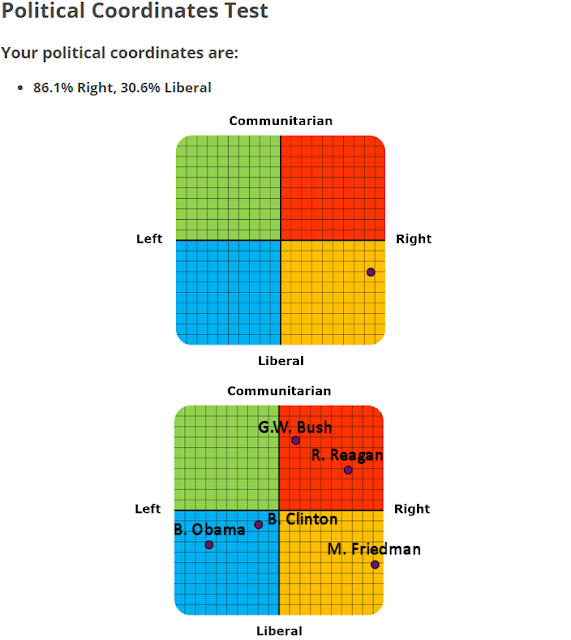"It is well enough that the people of the nation do not understand our banking and monetary system for, if they did, I believe there would be a revolution before tomorrow morning." Henry Ford
Before a month ago I did not know what the Glass-Steagall Act of 1933 was. Through my friend Mark Butler, I have come to understand a bit.
This is the shortest summary I could find explaining what the Glass-Steagall act is and why we need it back. Start at 0:52 for the shortest explanation.
Glass-Steagall Act of 1933 explained by Max Keiser and William Black and Webster Tarpley
"a summary of the Glass-Steagall Act of 1933 taken from the movie Fall of the Republic http://www.falloftherepublic.com released on October 21st 2009"
This video documents who the people were who supported and passed the law that repealed Glass-Steagall.
Who repealed the Glass-Steagall Act?
"The Glass Steagall Act President Roosevelt signed into law was repealed. See who swept aside the banking firewall protections on the 12th of November 1999"
My friend Mark Butler describes what fractional reserve banking is and why it is so dangerous to allow regular banks to do it.
First of all, there are two reserve ratios that are often confused. One is what percentage of deposits are not allowed to be embezzled. The other is how much capital (equity) is required for a given amount of loans.
The "fractional reserve" in FRB refers to the former ratio, "capital reserves" refer to the latter. The Austrian school of economics generally holds that lending out deposits is a form of embezzlement that distorts the economy, among other serious problems.
But it is perfectly legitimate for a bank to lend out money that investors lend to it, by purchasing bonds from the bank, for example. What the capital reserve says is that for every X dollars in loans a certain percentage must be backed by bank equity (i.e. the capital of the owner / stock holders), who take the first hit if anything goes wrong.
Higher capital reserves mean the bank is less likely to fail, less risky, and less profitable in the short run. An increase in required capital reserves is called "deleveraging", and the short term effect is a decrease in the amount of money a bank can lend out _unless_ they raise more capital (i.e. by selling stock).
Every bank however, tries to be as unstable as possible, because they are more profitable that way. That is why Lehman Brothers was leveraged thirty to one. That is all fine and good as long as they are willing to collapse and wipe out all stock holder equity, and a good percentage of the value of outstanding bonds whenever the wind shifts direction, without demanding a bailout and threatening dire consequences if they do not get one.
So here with the Basel Accords, the idea is to standardize the required capital ratios across countries so that a bank in one country isn't radically more profitable than another country simply because they are allowed to run with a far smaller safety margin.
Now personally, provided that we made embezzling deposits illegal, I don't think we need capital reserve requirements at all. If a bank wants to live on the edge, let them, as long as deposits are protected, and no one gets a handout. Tick tick tick boom every couple of decades or so.
From what I can tell, the repeal of Glass-Steagall is a major contributor to our Great Recession. Robert Kuttner said this on Oct 2, 2007.
A second parallel is what today we would call securitization of credit. Some people think this is a recent innovation, but in fact it was the core technique that made possible the dangerous practices of the 1920. Banks would originate and repackage highly speculative loans, market them as securities through their retail networks, using the prestigious brand name of the bank -- e.g. Morgan or Chase -- as a proxy for the soundness of the security. It was this practice, and the ensuing collapse when so much of the paper went bad, that led Congress to enact the Glass-Steagall Act, requiring bankers to decide either to be commercial banks -- part of the monetary system, closely supervised and subject to reserve requirements, given deposit insurance, and access to the Fed's discount window; or investment banks that were not government guaranteed, but that were soon subjected to an extensive disclosure regime under the SEC.We must put the protections of Glass-Steagall back into place to prevent more busts like we have now and had in the 1929.


